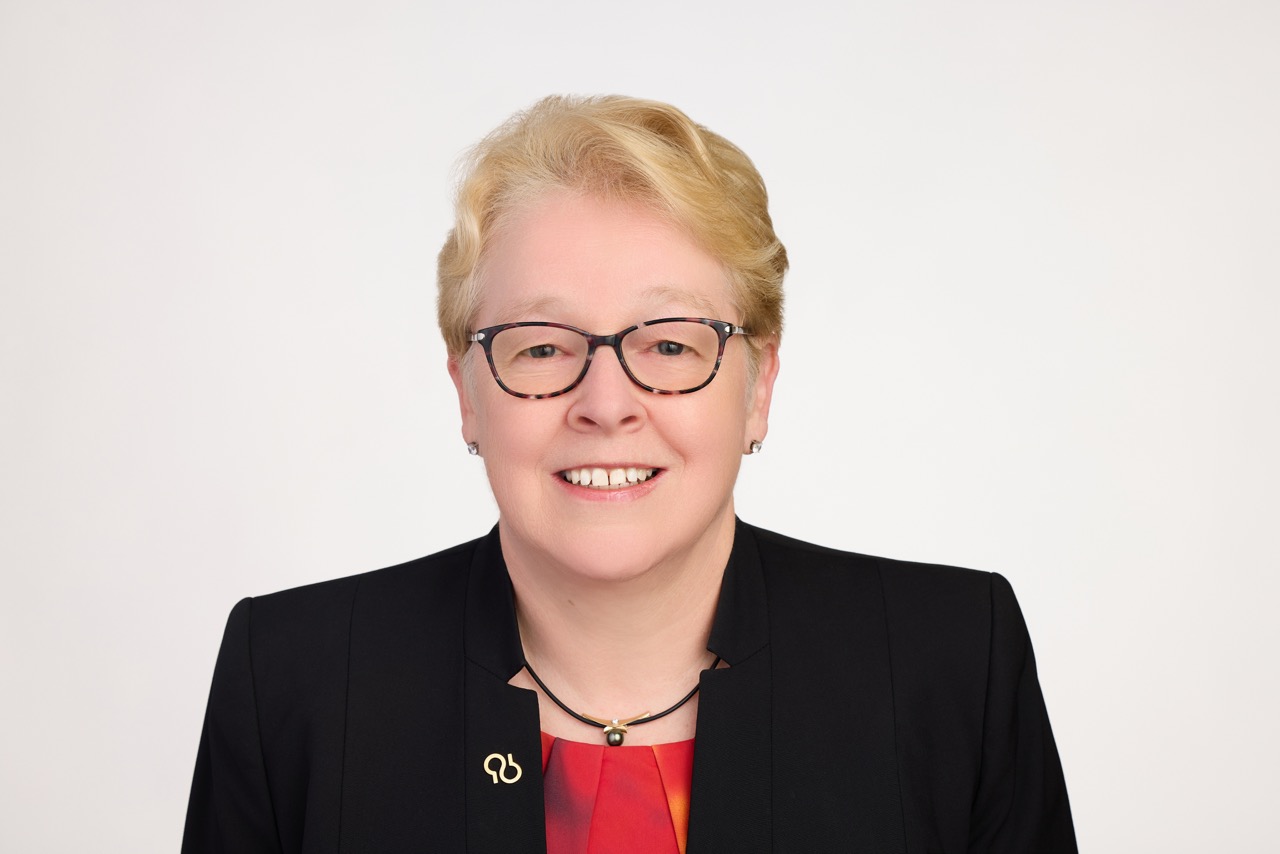Registration is now open for the Genetics and Dementia class
Accreditation Information
An individual's risk of acquiring dementia is greatly influenced by their genetic makeup, which affects both early-onset and late-onset types of illness. The genetic foundations of dementia are examined in this course, covering important genes, such as APOE and those linked in related Alzheimer's disease. Participants will learn how to effectively and ethically convey genetic knowledge in clinical and community settings, as well as how genetic risk interacts with changeable lifestyle and environmental factors.
Learning Objectives
- List 6 or more modifiable risk factors for dementia
- Summarize how genetic and lifestyle factors interact to influence dementia risk
- Discuss major genes associated with increased risk for Alzheimer’s disease and other dementias
- Understand how to effectively and ethically convey genetic knowledge in clinical and community settings
- Identify special considerations for high-risk populations
Expert Presenter
 Dr. Alison Goate is the Jean C and James W. Crystal Professor and Chair of the Dept. of Genetics and Genomic Sciences at the Icahn School of Medicine at Mount Sinai (ISMMS). She has worked on the genetics of neurodegenerative diseases including Alzheimer's disease (AD) and Frontotemporal Dementia (FTD) since 1987, and is the founding director of the Ronald M. Loeb Center for Alzheimer’s disease at ISMMS. She reported the first mutation to cause familial Alzheimer's disease. Dr. Goate is also a leader in the study of late onset AD genetics using both GWAS and sequencing approaches. Her team demonstrated the enrichment of AD risk variants in microglial enhancers, regulatory elements that control gene expression in immune cells of the brain. She is now building upon these insights using genome-editing in induced pluripotent stem cells to understand the molecular mechanisms of disease and to develop novel therapeutics. Dr. Goate has received many awards for her research including the Potamkin Award from the American Academy of Neurology, the Khalid Iqbal Lifetime Achievement Award from the Alzheimer’s Association, the MetLife Award and the Rainwater Prize for Innovation in Neurodegeneration, and Hartwig Piepenbrock-DZNE Prize for Neurodegenerative disease research. She was elected a fellow of AAAS in 2012 and a fellow of the National Academy of Medicine in 2016.
Dr. Alison Goate is the Jean C and James W. Crystal Professor and Chair of the Dept. of Genetics and Genomic Sciences at the Icahn School of Medicine at Mount Sinai (ISMMS). She has worked on the genetics of neurodegenerative diseases including Alzheimer's disease (AD) and Frontotemporal Dementia (FTD) since 1987, and is the founding director of the Ronald M. Loeb Center for Alzheimer’s disease at ISMMS. She reported the first mutation to cause familial Alzheimer's disease. Dr. Goate is also a leader in the study of late onset AD genetics using both GWAS and sequencing approaches. Her team demonstrated the enrichment of AD risk variants in microglial enhancers, regulatory elements that control gene expression in immune cells of the brain. She is now building upon these insights using genome-editing in induced pluripotent stem cells to understand the molecular mechanisms of disease and to develop novel therapeutics. Dr. Goate has received many awards for her research including the Potamkin Award from the American Academy of Neurology, the Khalid Iqbal Lifetime Achievement Award from the Alzheimer’s Association, the MetLife Award and the Rainwater Prize for Innovation in Neurodegeneration, and Hartwig Piepenbrock-DZNE Prize for Neurodegenerative disease research. She was elected a fellow of AAAS in 2012 and a fellow of the National Academy of Medicine in 2016.
